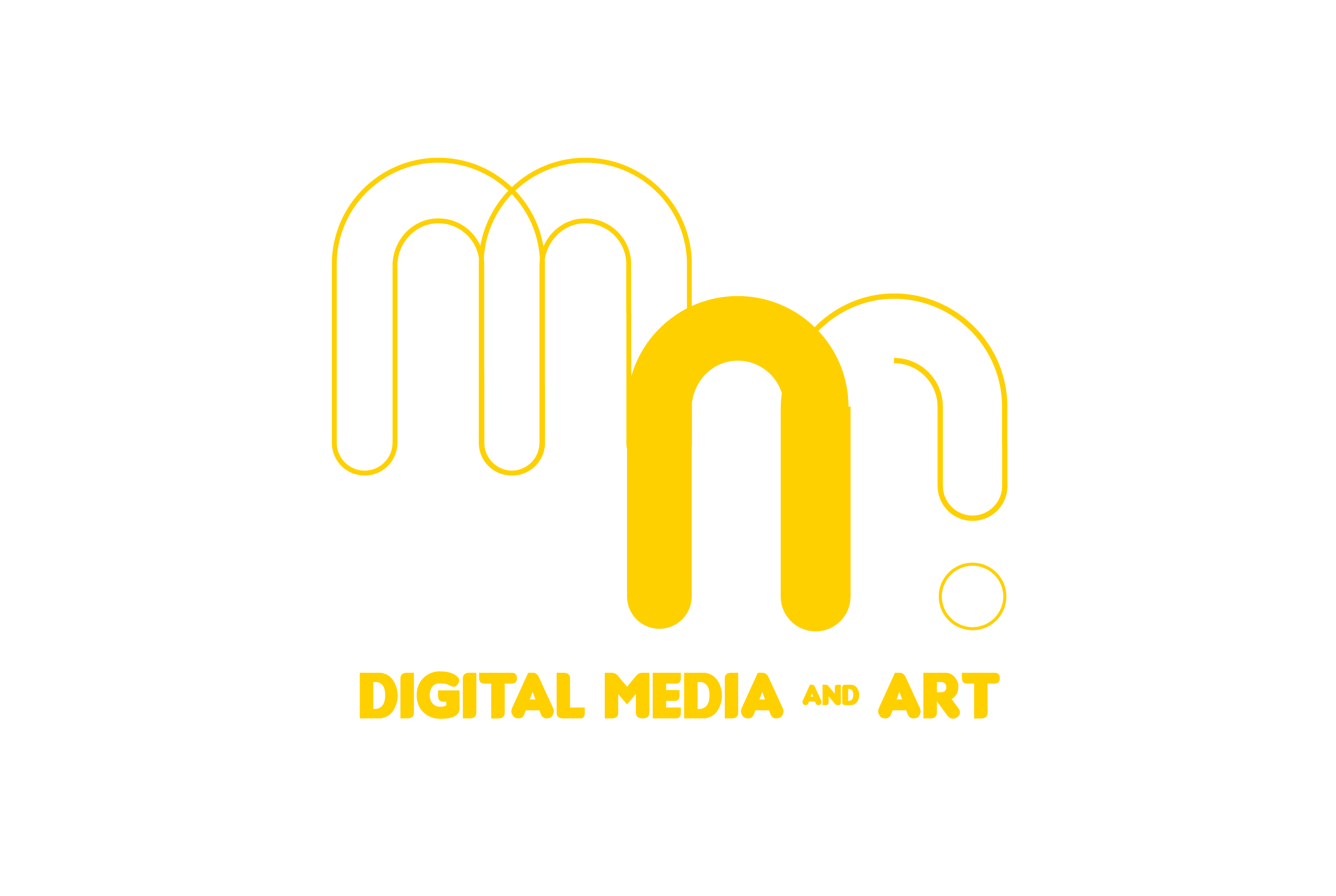Artificial Intelligence (AI) has become an indispensable tool in the realm of marketing, revolutionizing the way businesses gather data, create content, and interact with customers. This article explores the diverse applications of AI in marketing, shedding light on how it streamlines processes, enhances efficiency, and yields valuable insights.
1. Jasper AI (for copywriting)
Jasper AI, formerly known as Jarvis, is renowned for its proficiency in generating content on a wide range of topics. It employs natural language processing to create initial drafts, which can then be refined by human copywriters. Jasper's user-friendly dashboard, affordability, and ability to expedite content creation make it a valuable asset for marketers seeking to maintain high SEO scores.
2. Surfer SEO (for content writing)
Surfer SEO aids marketers in optimizing content for search engines. By assessing keyword density, readability, and other factors, it provides actionable insights to improve content ranking. Its seamless integration with various content marketing tools and real-time SEO enhancements make it a valuable tool for businesses like FedEx and Shopify.
3. Writer (content writing for teams)
Writer is designed to assist marketing teams in creating polished content collaboratively. It offers features such as autocorrect, autocomplete, and grammar checks, maintaining consistency and clarity across various documents. This AI complements human writers by making recommendations rather than completely rewriting content.
4. Fullstory (for digital experiences):
Fullstory leverages AI to track user interactions on websites, providing invaluable insights into the digital journey of site visitors. By monitoring cursor movements, clicks, and page visits, it identifies opportunities and errors more efficiently than human observation. This tool enhances user experiences, retains customers, and saves costs for clients like GAP and Forbes.
5. Zapier (for automating tasks)
Zapier acts as a bridge between various systems, allowing businesses to automate tasks and streamline workflows. It offers thousands of integrations without requiring coding knowledge. The AI-driven background processes interpret signals and trigger actions, providing remarkable time savings for users across different industries.
6. Hemingway App (for content editing)
Hemingway App utilizes AI to improve the readability and clarity of written content. It identifies issues such as long sentences, passive voice, and excessive adverb usage. This free tool simplifies the editing process, making it ideal for enhancing the readability of various text types.
7. Chatfuel (for chatbots)
Chatfuel empowers users to create customized chatbots, enhancing customer interactions and support. Its AI excels at linguistic processing, recognizing keywords and providing appropriate responses. The platform's intuitive interface enables businesses to create bespoke virtual personalities to meet specific needs.
8. Grammarly (for content editing)
Grammarly is an AI tool that enhances written content by focusing on syntax and grammar. It highlights errors and suggests corrections across multiple applications, making it invaluable for professionals across various industries.
9. Albert.ai (for digital advertising)
Albert.ai personalizes and optimizes advertising content across social media and paid search platforms. It utilizes AI to enhance creativity, making ad campaigns more relevant and cost-effective. Brands like Crabtree & Evelyn and Harley Davidson have seen significant improvements in site traffic and leads through its implementation.
10. Headlime (for landing pages)
Headlime employs AI, particularly GPT-3, to predict and complete text for landing pages. It offers multiple templates, optimizes word count, and facilitates quick page creation. This tool is ideal for those seeking efficient and global landing page development.
11. Userbot.ai (for conversation management)
Userbot.ai is a smart chatbot that learns from customer interactions. It enhances customer support by providing relevant data and improving customer service skills. While it can't answer all queries, it evolves over time to become more intuitive and effective.
12. Browse AI (for scraping web pages)
Browse AI simplifies competitive intelligence by training bots to extract data from competitor websites. It can help businesses track trends, reviews, and product launches efficiently, and its ability to mimic human behavior is particularly impressive.
13. Algolia (for search and recommendation APIs)
Algolia enables the creation of customized search facilities for businesses with large inventories. It improves user experience by helping customers find products quickly. Brands like Staples, Gymshark, and Decathlon have successfully integrated Algolia into their sales portals.
14. PhotoRoom (for removing image backgrounds)
PhotoRoom uses AI to selectively remove backgrounds from photos, leaving subjects with transparent backgrounds. This design tool is valuable for creating visuals for websites and marketing materials.
15. Reply.io’s AI Sales Email Assistant (for email replies)
Reply.io’s AI assists in streamlining email responses and managing sales campaigns. It automates responses and provides analytics to track campaign progress.
17. Brand24 (for media monitoring)
Influencity offers a comprehensive influencer marketing platform used by major brands. It aids in influencer assessment, collaboration, and campaign tracking, making it an ideal solution for businesses targeting niche or younger demographics.
AI-powered marketing tools have significantly transformed the marketing landscape, offering scalability, efficiency, and data-driven insights. Whether you're a startup or an established brand, these AI tools can be a valuable asset for your marketing efforts. Many of them offer free versions, making it easier than ever to explore their potential and enhance your marketing strategies.
